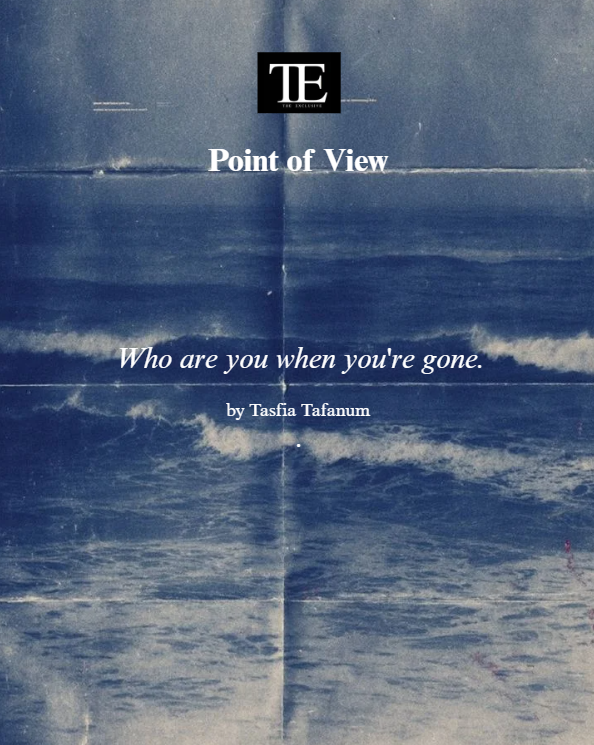Agnostic vs Atheist
- The Exclusive Media - TSMU
- May 22, 2025
- 2 min read
By Sara Shariff

You’ve probably heard people describe themselves as either agnostic or atheist—and maybe you’ve even used those terms yourself. But what do they actually mean? A lot of people use them interchangeably, but they’re not quite the same thing. The difference is subtle, but once you get it, it totally changes how you think about belief and doubt.
Let’s break it down.
Atheism is basically about belief. An atheist doesn’t believe in a god or gods. That’s it. It doesn’t necessarily mean they’re 100% sure there isn’t a god—some are, but many aren’t. They just don’t believe because they haven’t seen good reason to. It's like being unconvinced by a claim, not necessarily declaring the opposite is true.
Agnosticism, on the other hand, is about knowledge. It’s the position that we don’t—or maybe can’t—know for sure whether any gods exist. So someone who’s agnostic is essentially saying, “I don’t know. And maybe no one can.” It’s less about belief and more about what we think we’re capable of knowing with certainty.
Here’s the twist: you can be both. In fact, a lot of people are and don’t realize it.
You can be an agnostic atheist, meaning you don’t believe in any gods (atheist), but you also don’t claim to know for sure that there aren’t any (agnostic). That’s a pretty common position these days. It’s not aggressive or arrogant—it’s just honest.
And there are also agnostic theists—people who believe in a god, but admit they don’t have ironclad proof. They believe based on faith, tradition, personal experience, whatever—but they’re not claiming they’ve got all the answers. That’s a kind of intellectual humility too.
So the whole thing really comes down to two separate questions:
Do you believe in a god? (That’s atheism/theism.)
Do you think we can know for sure? (That’s agnosticism/gnosticism.)
Once you see it like that, the labels make more sense. But honestly, labels aren’t the point. Most people’s views on this stuff are more personal, more nuanced, and often changing over time. Life is complicated. So is belief.
And that’s okay.
At the end of the day, whether you believe, don’t believe, or just aren’t sure, the real value is in being curious, thoughtful, and honest with yourself. That’s where the interesting conversations begin.



Comments